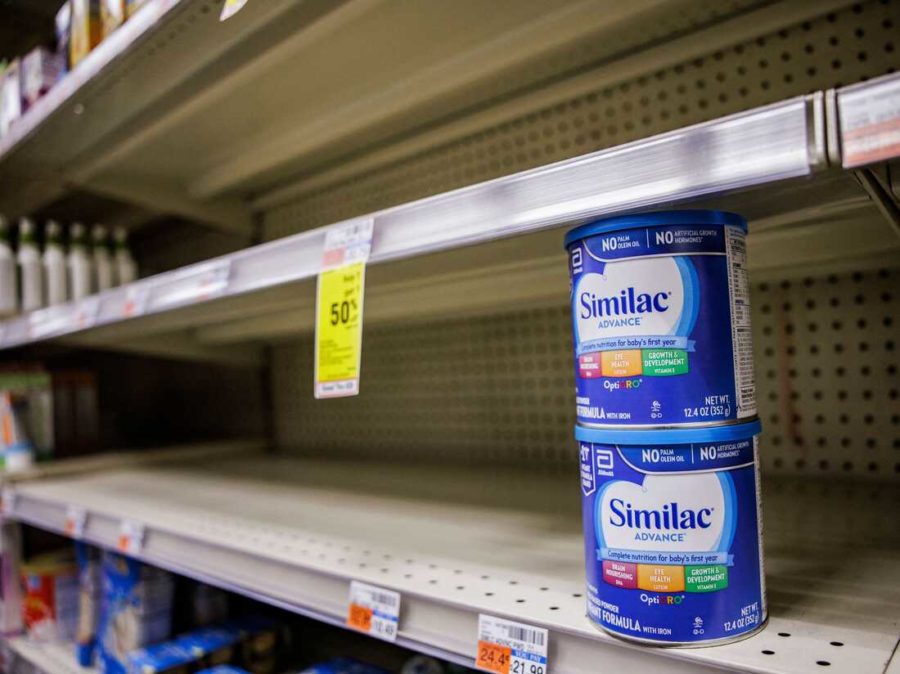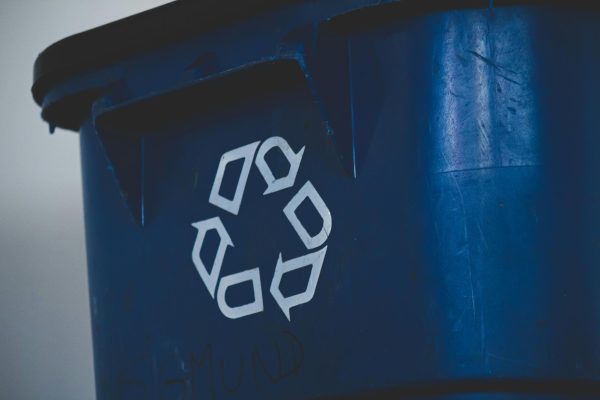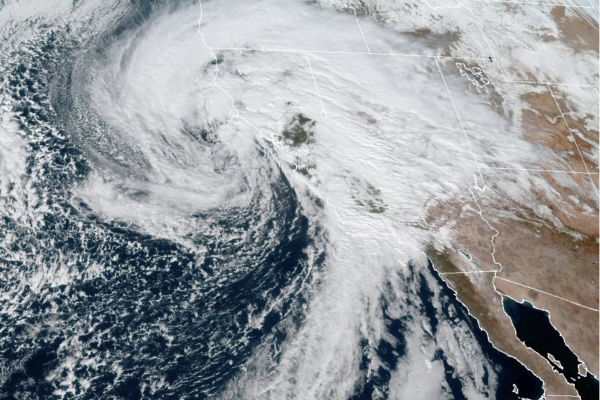Why You Should Care About The Baby Formula Shortage
Since February of this year, it has become increasingly difficult to find any form of infant formula on the market. This crisis has already had an impact on mothers and infants alike.
May 25, 2022
Over 140 million babies are born each year, and each year, a slim minority of those same babies are formula fed. Baby formula is a necessity to ensure all infants are fed and nourished properly before they can intake solid foods.
However, since February of this year, it has become increasingly difficult to find any form of infant formula on the market. This crisis has already had an impact on mothers and infants alike. This calamity begs the questions, why is this happening, when will this stop, and what should we do?
In September 2021, an infant in Minnesota was receiving their normal dose of formula per that day. Rather abnormally, the child was diagnosed with Cronobacter sakazakii. Cronobacter sakazakii is a potentially life threatening type of bacteria, especially in young children.
At least four more babies were given this same formula, and had the same result. Two children in Ohio died from drinking this formula. The formula they were intaking was manufactured in an Abbott Michigan factory. Abbott recalled this formula after an FDA inspection. This may not seem like a big deal, however, Abbott makes up to 40% of all formulas in the United States.
This recall was detrimental for infant health, resulting in formula hoarding and price gouging. Some stores have even limited the amount of formula customers can buy. Many people are still confused as to why the baby formula shortage is a big deal. Why can’t mothers just breast feed? The answer is simple: many simply cannot breastfeed. This could be because the child was adopted, the caretaker is transgender, the baby needs extra nutrients, and much else.
The good news is, the United States is considering importing formulas from other countries. FDA Commissioner Robert Califf said, “We anticipate that those products that can quickly meet safety and nutrition standards could hit US stores in a matter of weeks.” After the announcement, Abbott released a statement saying the company will resume production in two weeks. This means, formula will be back on the market in six to eight weeks. Imported formulas will also be available to the general public around this time.
Although it is good news that baby formula will be back on our shelves soon, there will still be at least another month before it is able to be released to the general public. Pediatricians are saying four-month-olds could switch over to puréed foods two or three times per day, as long as the child has good command of their head.
Children that are six to nine months old can start to substitute other types of milk. This includes but is not limited to, cow’s milk, soy milk or oat milk. However, this should only be for short periods of time. Children that are nine months or older can fully make the change over to cow’s milk, as long as there is no allergy.
Although this shortage will soon come to an end, we still must remain weary. It is imperative that we keep our children as healthy as possible in a time of crisis.












